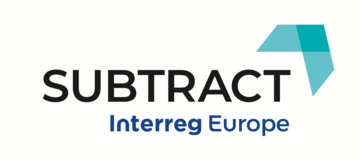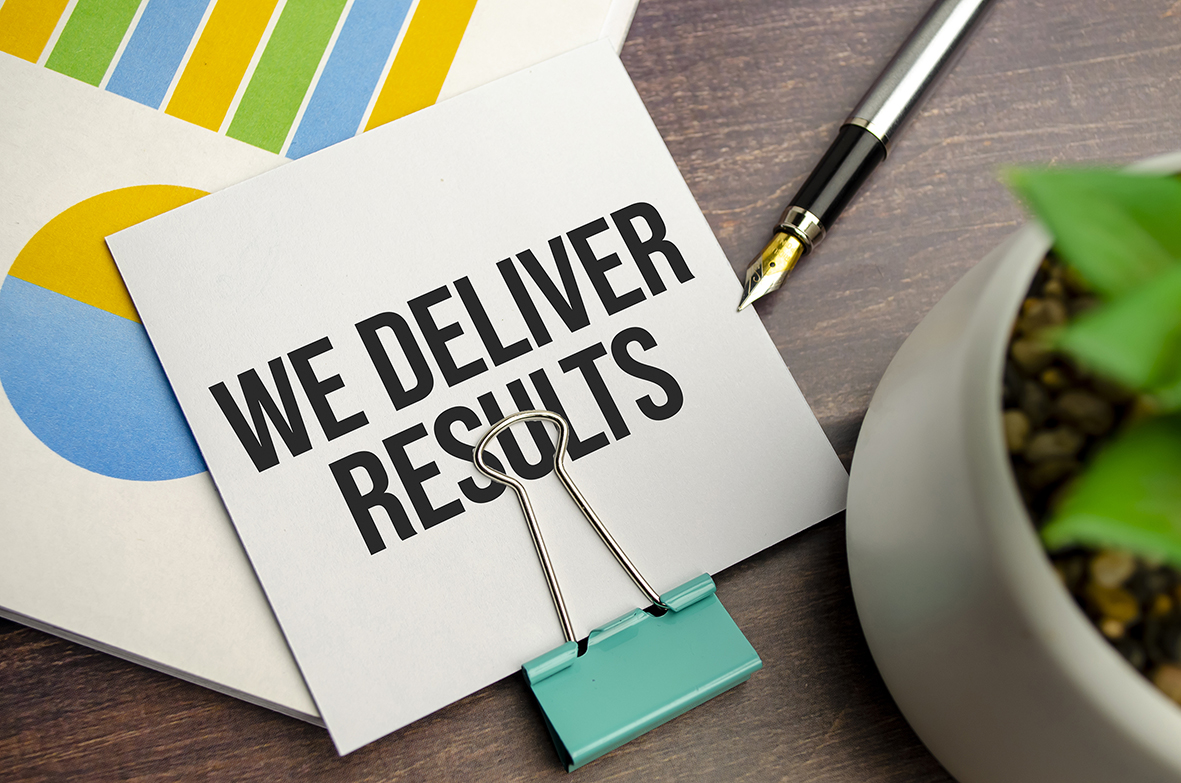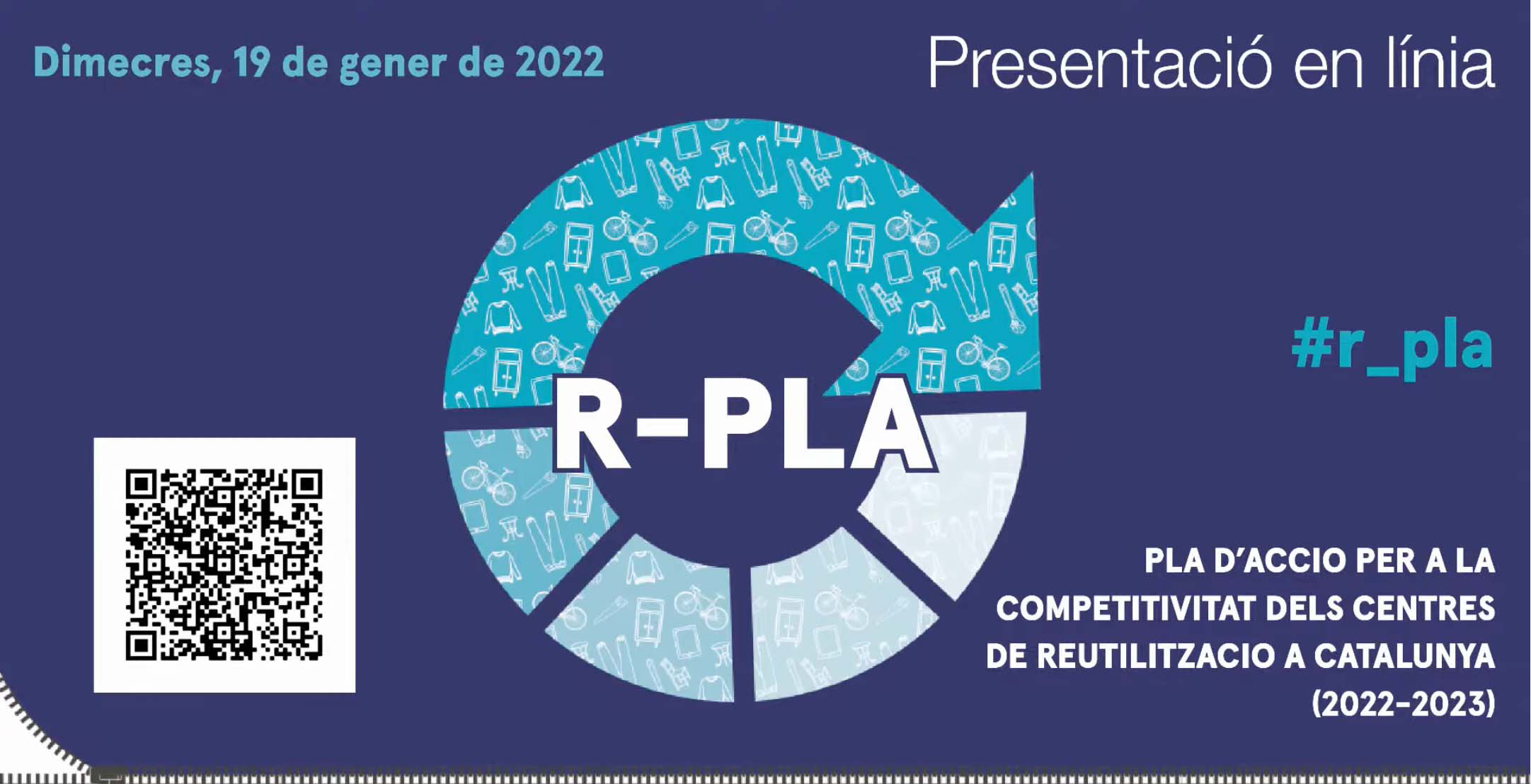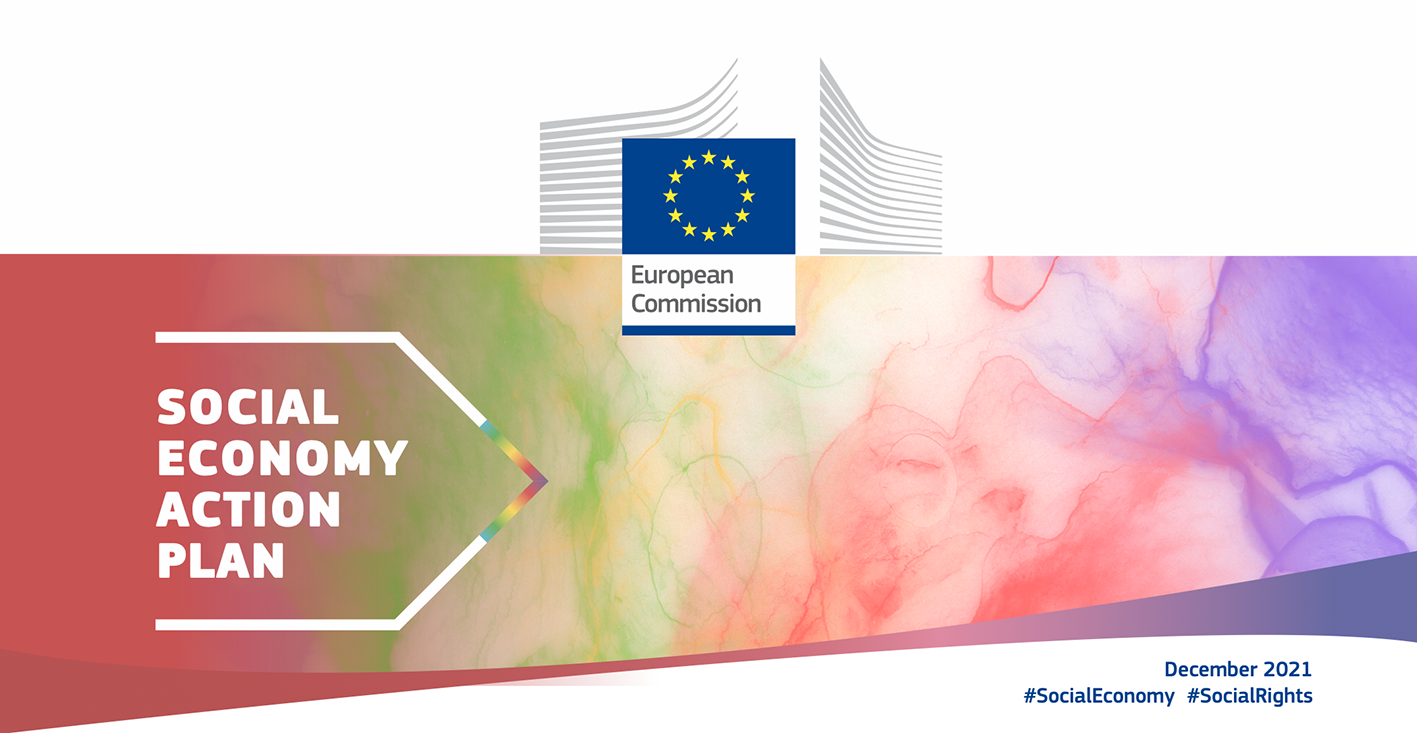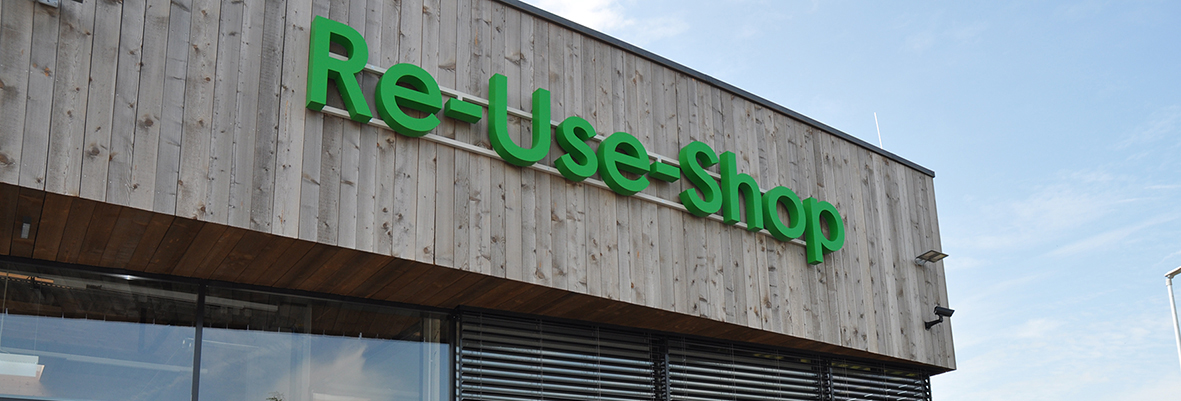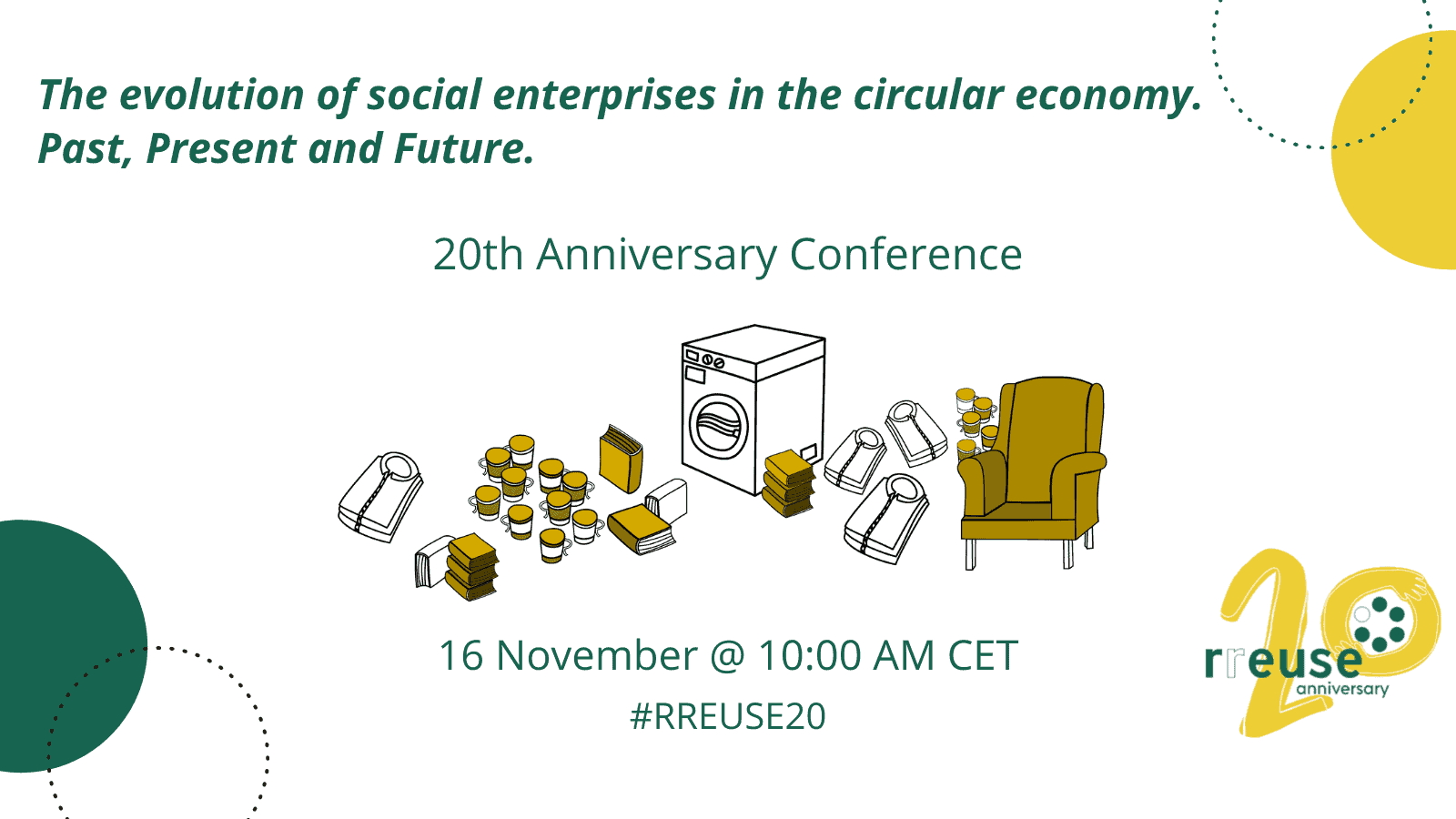Organized within the framework of the 3rd SUBTRACT Interregional Seminar project partners from Italy, Catalonia and Slovenia as well as their stakeholders participated in the field visit in the region of Styria.
After a reception at the Office of the Regional Government of Styria, Directorate 14 – Water Management, Resources and Sustainability, Department Waste and Resource Management and introduction to the program by head of the department Dr. Ingrid Winter, project partners and their stakeholders visited the brand-new resource park in St. Johann im Saggautal that opened back in July 2021. Received by the CEO of the resource park Josef Krobath, they got comprehensive insights into the daily operation of the resource park, including reuse collection and reuse shop as well as the concept behind it.
Followed a visit to the “Silberberg” winery and wine school. For years the wine school collaborates with resource parks and a supermarket chain in the region by collecting and refilling the valuable wine bottles. Received by the director of the school Reinhold Holler, the participants got a guided tour of the facility, including the wine bottles refilling station and got some insights into the reuse system for Styrian wine bottle.
“In contrary to the regular glass water bottles that can be reused up to 50 times, the reusable wine bottles have to be sorted out after being refilled 20 times. This is mainly due to the fact that wine is considered a high-quality luxury product and customers wouldn’t buy it if the bottle was scratched”, said Reinhold Holler.
The study tour was rounded up with a visit at the “Carla” Reuse Shop in Leibnitz. With 33 reuse shops throughout the region, Carla is the most widespread and largest reuse initiative of Styria. Philipp Narath, sorting area manager of Caritas Styria, explained how they get access to donations and how they handle them. The degree to which donations are recovered depends on the group of goods. “In the case of clothing and shoes, about 25 percent are given to Caritas institutions or sold in the Carla shops, whereby 65 percent are sold wholesale. Around 10% of clothing and textiles cannot be reused in an economically viable manner and must be disposed of properly”, said Philipp Narath. “Pricing is determined directly by the transit workers, however, there is an upper and lower limit on how much a piece of clothing can cost, depending on the brand or general state of the item”, he added.
SUBTRACT project partners participating in the field visit on 7th September 2021 included Umbrian Regional Waste and Water Agency (Italy), Waste Agency of Catalonia (Spain) and Regional Development Agency of Northern Primorska ltd. Nova Gorica (Slovenia). Unfortunately, partners from Finland (Helsinki Metropolitan Area Reuse Center ltd) and Sweden (VAKIN) were not able to travel due to COVID-19 restrictions.
The first part of the 3rd Interregional Seminar took place already in July 2021 where all SUBTRACT project partners gathered online to discuss the action plans to be implemented in the second part of the project in 2022. Thanks to the field visit project partners were able to deepen their knowledge on what they have learnt during the SUBTRACT virtual staff exchange and get new first-hand insights on reuse in the region of Styria.
